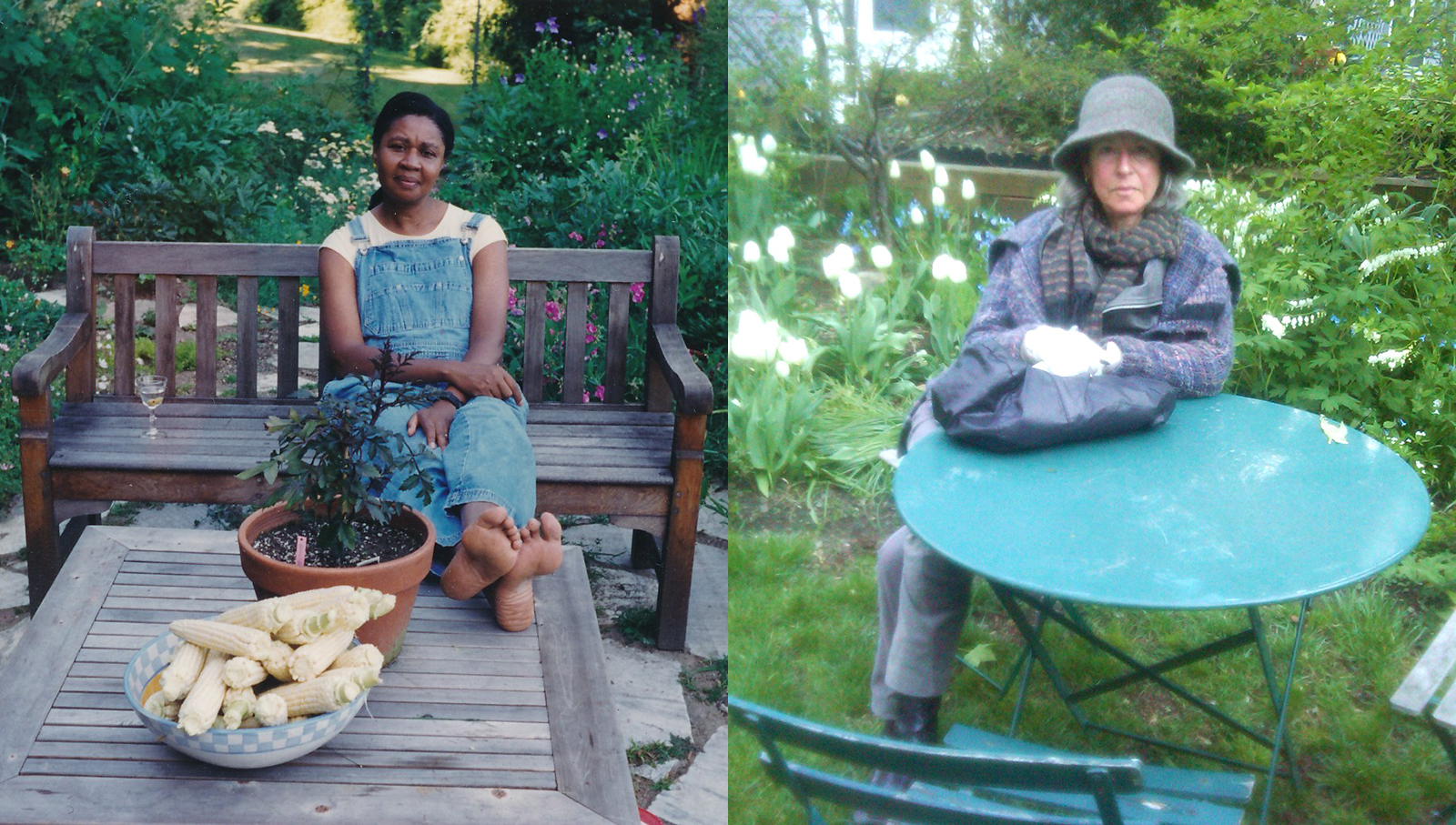There is no other writer like Jamaica Kincaid. No one who makes the same incantatory sentences, making me feel both awe and terror. No one who is as intensely personal and hallucinatory. No one as interested in pursuing truth, even when it reveals not happiness but the opposite. No one as uncompromising or self-lacerating when she is training her attention on herself. I think Kincaid became a writer to save herself. All of her books can be said to be about leaving the small sumptuous place where she grew—the island of Antigua; or all of her books can be said to be about power and powerlessness; or all of her books can be said to be about women (she doesn’t really write about men except when they have something to do with women). I was in my late 20s and living in New York City when I first read Kincaid’s small collection of stories At the Bottom of the River. Like Elizabeth Bishop, she has an enviable eye for detail, this writer who grew up with no electricity, no bathroom, no running water, whose daily chores included every morning going to the public pipe and drawing pails of water, and every night, before sleep, wiping the soot from the kerosene lamp shade and trimming the wick. I think it was the English Romantic Poets who planted in Kincaid—during youth (even though she had never seen England)—the seed of longing for that perfect place and perfect situation, and it was this longing, in part, that made her such a gorgeous and thrilling writer.
Like the “greatest” poets before her, Louise Glück created the taste by which she is appreciated. She is a poet of the vanguard, ahead of her time. Her poems—with their simple vocabulary and dramatic juxtapositions and subtle pacing—aren’t like anything else on the American scene, and her work has cast a spell on me. Her tenth book, Averno, with its magnificent sequences “October,” “Prism,” the title poem, and many stunning shorter lyrics, is a sumptuous work. Like Blake, Keats, and Eliot, she is a poet of powerful emotions and unsparing clarity. Her poems crave a listener because their loose vernacular voice records our universal truths. Averno takes its name from the lake a few miles outside Naples, Italy, believed by ancient Romans to be the gateway to the underworld and a porous barrier between the states of life and death, body and soul. For some years, Glück has been writing cohesive volumes that flesh out experience with novelistic flourish. Each book is one thing unfragmented by its themes or devices. By now, she has made this a signature style of her own. Glück reminds me of the Japanese poets of another century in whose poems beauty is always imperfect, impermanent, or incomplete, and in whom only three simple realities are acknowledged: nothing lasts, nothing is finished and nothing is perfect. This Japanese aesthetic brings about within us a serene melancholy or spiritual longing. Inexplicably, I am drawn to these sentiments of desolation.
Henri Cole was born in Fukuoka, Japan, in 1956. He has published over half a dozen previous collections of poetry, including Touch and Pierce the Skin; a memoir, Orphic Paris; and has received many awards for his work, including the Jackson Poetry Prize, the Kingsley Tufts Award, the Rome Prize, the Berlin Prize, the Lenore Marshall Poetry Prize, and the Award of Merit Medal in Poetry from the American Academy of Arts and Letters. He teaches at Claremont McKenna College.
Photos by Henri Cole
